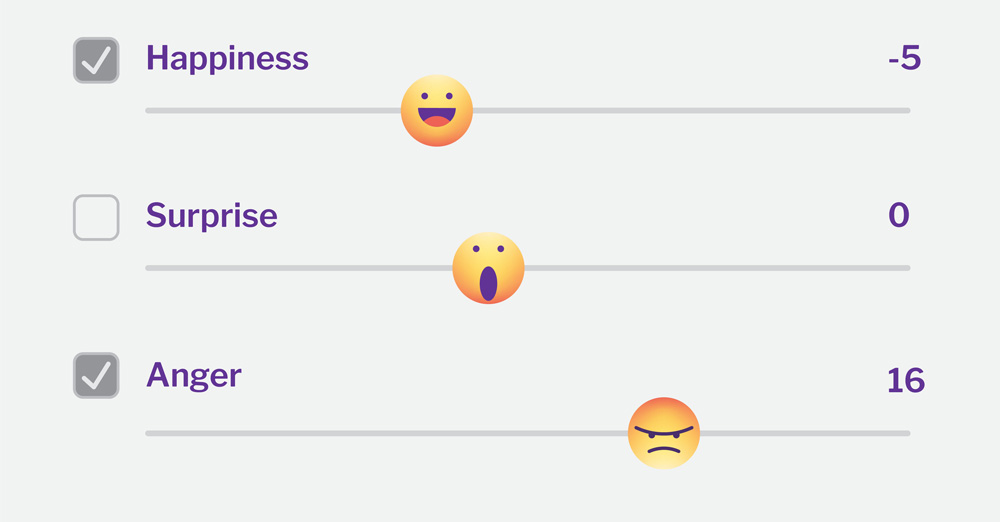
Adobe Max Conference 2020
November 3, 2020 - Solution

November 3, 2020 - Solution
The Adobe Max Conference is a creativity conference that occurs every year featuring inspiring speakers and Creative Cloud announcements. Hours of live content include: keynote presentations, musical performances, sneak peaks of upcoming Adobe content, and a multitude of creatives from all over the world.
This year’s event, hosted in Los Angeles, was completely free for anyone to attend (stream) for the first time ever. There was something for everyone. Adobe offered over 350 sessions to watch on demand that covered topics such as:
Some of the best highlights from the conference were sneak peaks of the new Adobe Lab work that has been labored over in the previous 12 months. One of the most shocking upgrades was Adobe’s Photoshop software. A featured new tool, named Neural Filters, allows for extremely realistic and easy altering of people’s appearances. Upload any portrait and instantly change their age, facial expression, and even alter the direction the subject’s head is facing. The results of these new filters are fast and of decent quality. Likely, many professionals will still step in to get the flawless finishing touches they are used to, but this new update is saving creatives many hours of adjustment work in Photoshop with a simple swipe.

Along with Neural Filters, Adobe has implemented a built-in Photoshop library full of reference images. Designers can use these reference images to replace entire backgrounds in their photos, change materials on objects, and even reference a subject’s face make-up to transfer onto their own photo. Keynote speaker, Conan O’Brien, is used as a test subject to showcase the crazy Photoshop updates here:
However, along with every Adobe update comes some frustrated users who are bound to disagree with something. As Photoshop becomes more easily accessible, with one-click manipulations, it can become irritating to see it develop into a tool for anyone who could use it for the wrong reasons.
Washington Post photo editor Olivier Laurent tweeted the following about her concerns:
Many people are worried about the potential for abuse with these new updates, creating false images that may present someone in a negative light. But this sort of image manipulation has already been possible for years, even though it required a little more patience. In these ever-evolving times of technology and messaging, audiences should know that they cannot believe the multitude of images they come across daily. At the end of the day we get to utilize these updates to enhance our skills, improve our careers, and make the creative process a little bit easier.
If you’re in need of photography or design services, you’re in the right place. Contact our team for a solution.